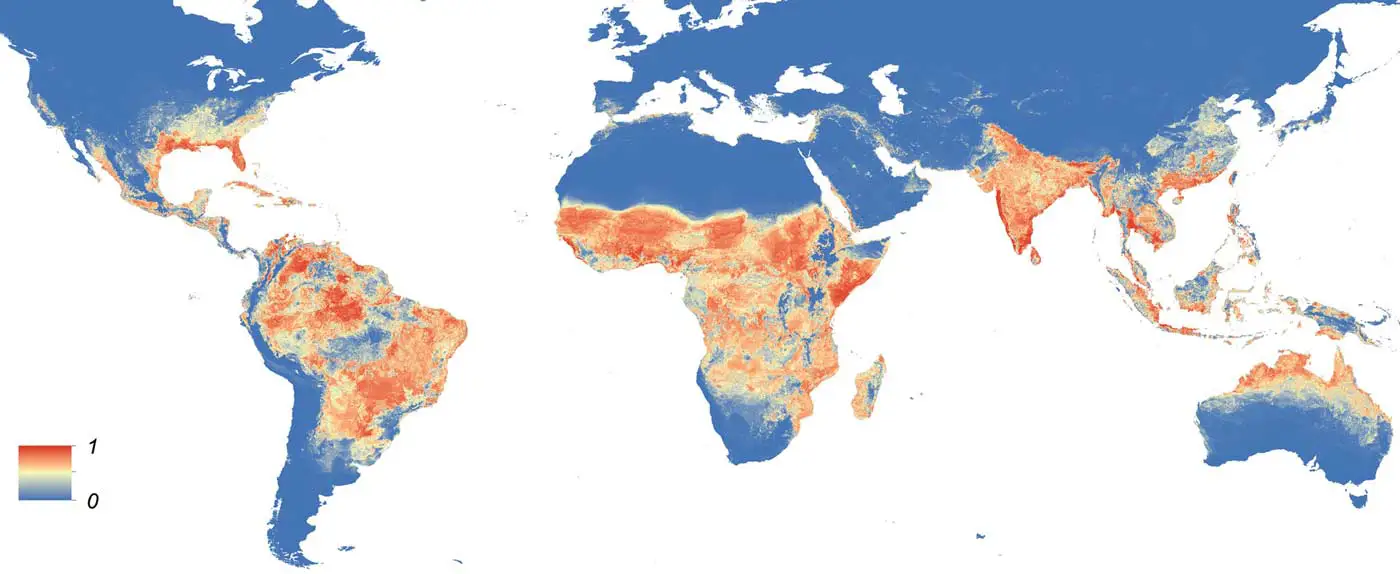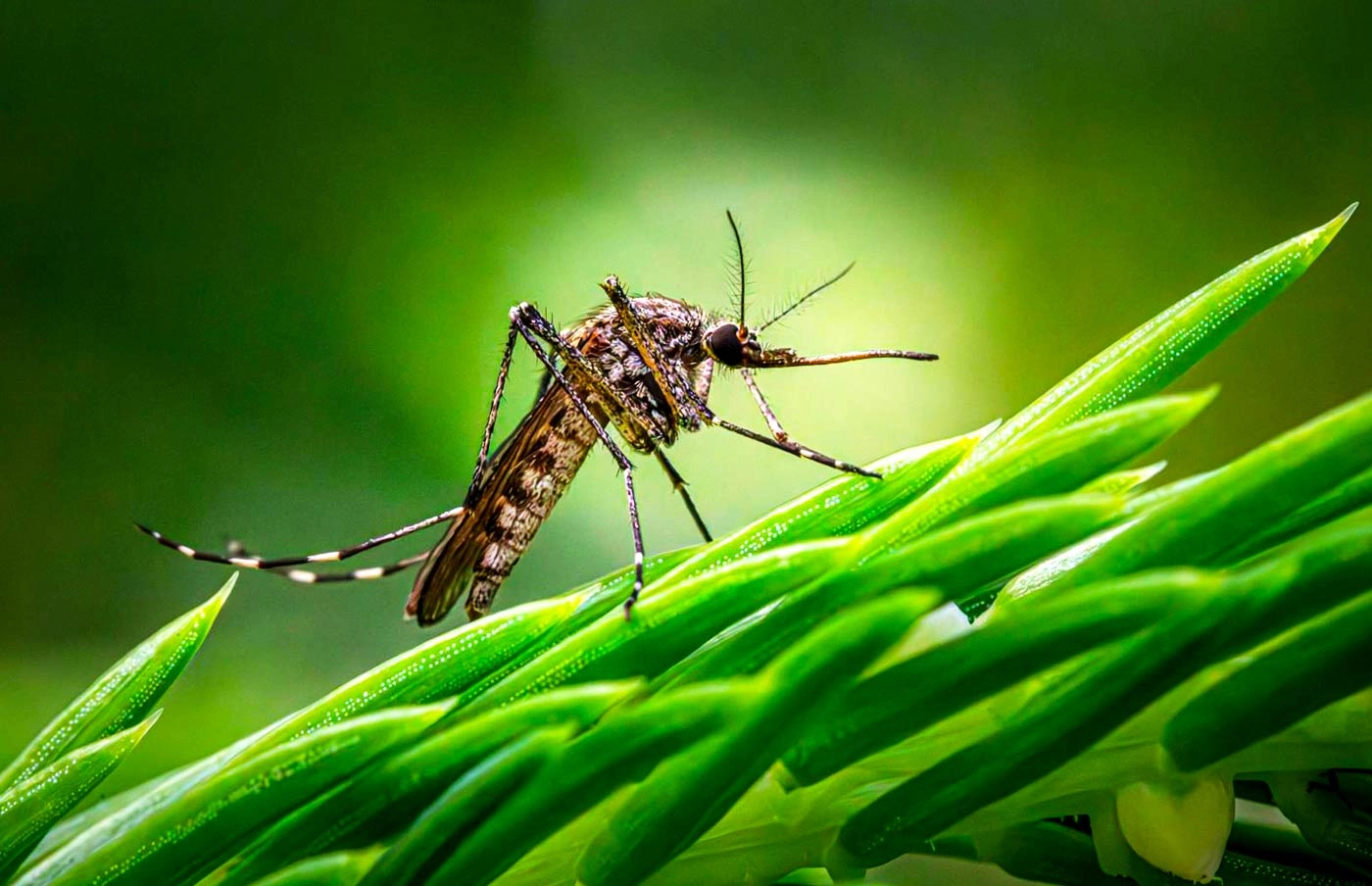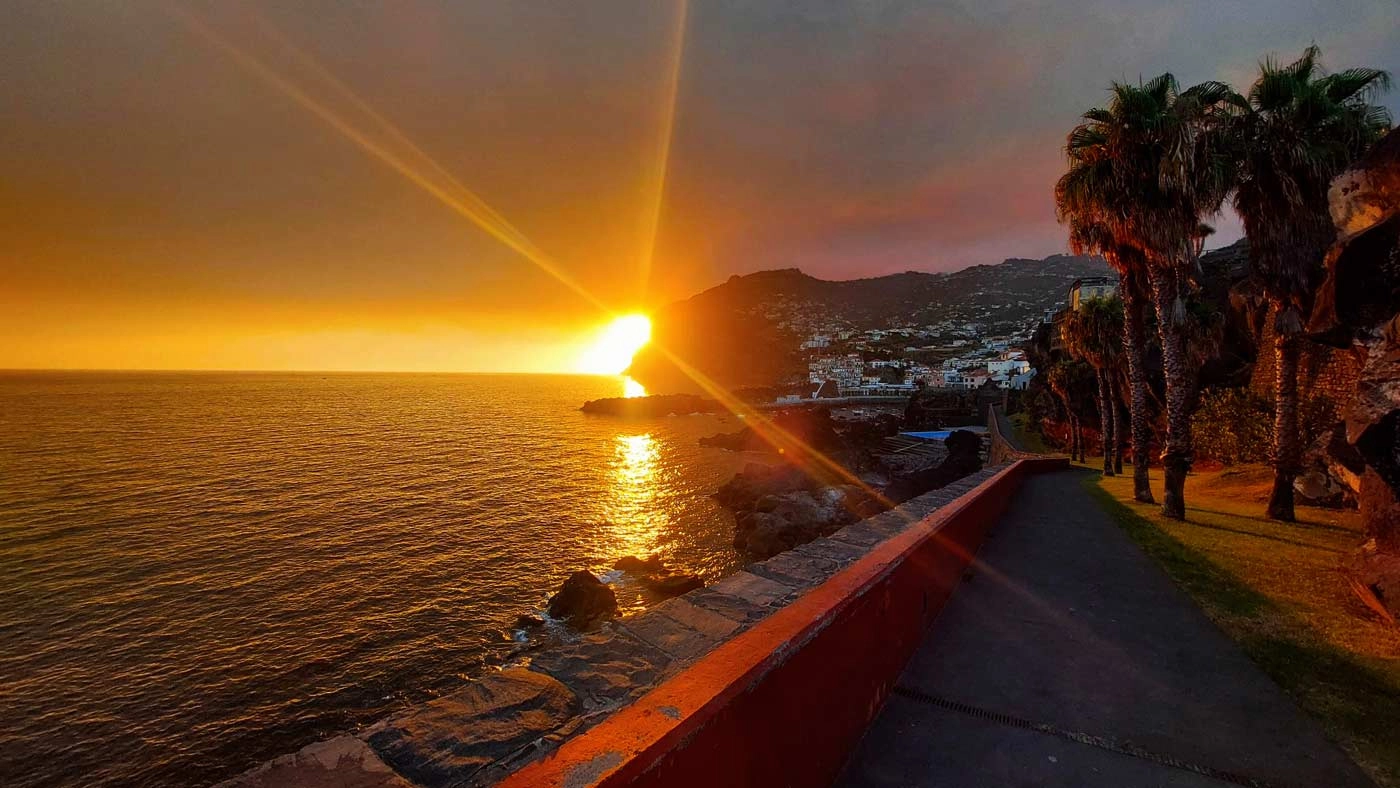Tourists and Residents Stock Up on Mosquito Protection
Pharmacies in Madeira report a sharp rise in sales of mosquito repellents and anti-itch creams as the Aedes aegypti mosquito season reaches its peak. Tourists, along with many locals, are opting for easy-to-use spray repellents, while creams to soothe itchy bites are popular with families. The seasonal increase in mosquitoes has led more people, particularly in tourist-heavy areas, to take precautions against bites. The mosquito is notorious for spreading dengue fever, and Madeira has experienced an outbreak in the past.
Warm Weather and Rain Contribute to Growing Mosquito Population
A mix of warm temperatures and early autumn rains has created ideal breeding conditions for mosquitoes on the island, extending their season well beyond summer. Health officials say the combination of heat and moisture has contributed to an increase in the mosquito population, with conditions likely to remain favorable through autumn.
From 26 September 2012 to 3 March 2013, the autonomous province of Madeira, Portugal, reported its first dengue outbreak (Dengue-1 virus). Of the 2 168 probable cases, 1080 were confirmed. No severe clinical forms were reported, and there were no fatalities.
Despite Mosquito Surge, Many Locals Remain Unconcerned
Since Aedes aegypti was first detected on the island nearly two decades ago, many residents have grown used to its presence. Some locals remain unfazed, often taking minimal precautions. However, health authorities are reminding the public to stay vigilant, especially as the mosquito season is at its height.

Isolated Dengue Cases, as Authorities Emphasize Prevention
While dengue cases remain rare on the island, an imported case from Brazil was detected earlier this year. There hasn’t been a local outbreak since 2012-2013, but officials emphasize the importance of prevention to keep cases isolated. They are urging everyone to remain cautious, particularly during this active mosquito season.
An Easy Task: Clear Standing Water
Health officials are asking residents to clear standing water around their homes, as it serves as a breeding ground for mosquitoes. A single female Aedes aegypti can lay hundreds of eggs in stagnant water, making it essential to remove sources like water-filled containers or pools. This simple step can help curb the mosquito population and reduce the risk of mosquito-borne illnesses on the island.
Source: RTPMadeira








Comments